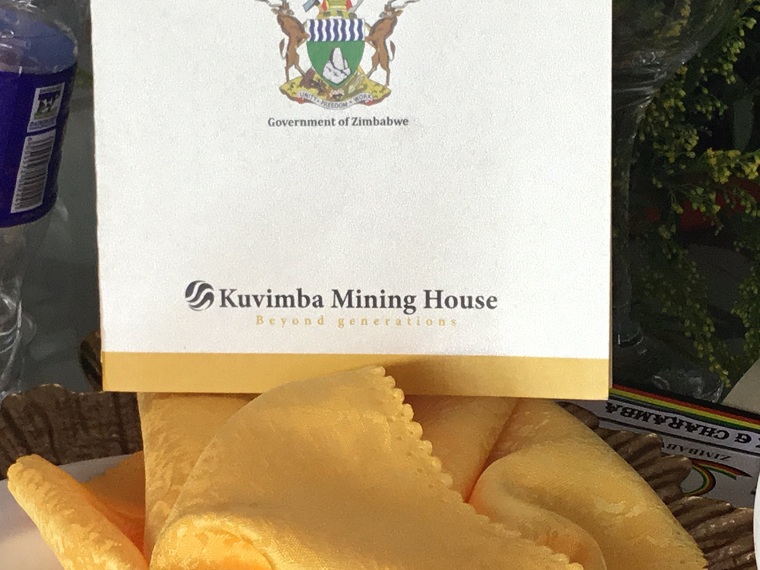Insurance and pensions
5% of Kuvimba is held by the Insurance and Pensions Commission (IPEC). The insurance regulator will use its share to compensate pensioners who lost value to the 2019 currency changes.
In the 2021 budget, government set aside US$75 million for this compensation. IPEC was initially sceptical of government’s plan to pay this via Kuvimba shares, says the regulator’s commissioner, Grace Muradzikwa.
“On further engagements with government, we were advised that resources were in the form of shares in a ‘good asset’. To be honest, we received the message with mixed feelings since we were not sure of the performance of the company and its dividend payment history,” she says.
But, Muradzikwa said, the early dividend may justify the decision.
Depositors
The Deposit Protection Corporation holds 5%. The DPC is meant to compensate small bank depositors for loss of value on savings.
Public service
7% of shares in Kuvimba are held by the Public Service Pension Management Fund, which manages pensions for government workers.
6.5% shareholding is held by the Sovereign Wealth Fund of Zimbabwe. A sovereign wealth fund is a government’s investment fund, usually funded by money generated by the government.
There was no disclosure on exactly the number of shares each entity holds in Kuvimba, the dividend payable per share, or the payout to the 35% shareholder.
Future dividends? Not so much
Kuvimba CEO David Brown, however, cautioned that Kuvimba may not be as generous as it has been, as it reinvests earnings back into the company.
“The dividend that we are declaring today, is being calculated with regard to preliminary consolidated results of the group. But I think we must bear in mind that future dividends will always have to be managed as a balancing act between reinvestment into the business in order for it to grow, as well as rewarding shareholders,” Brown says.
The company’s expansion plan suggests a large capex outlay will be needed.
Continued next page
(248 VIEWS)


